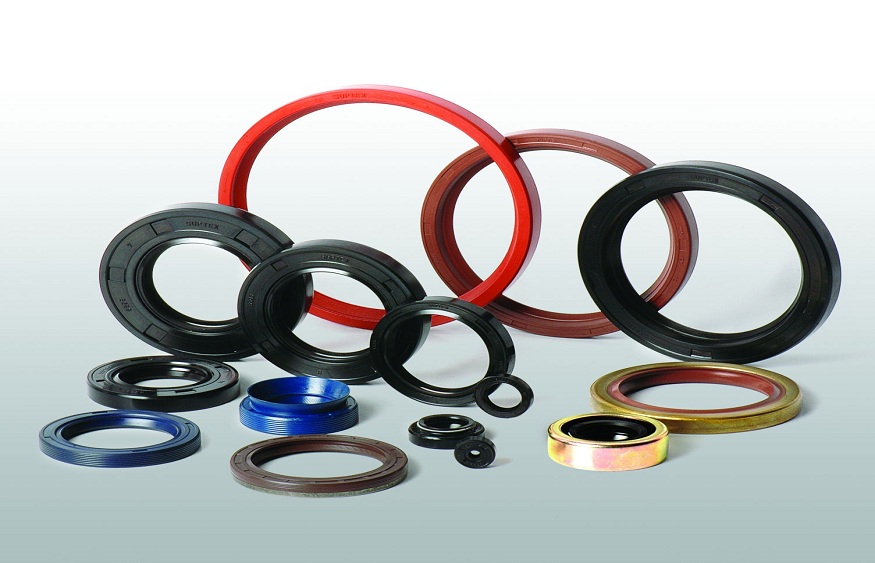A rotary shaft seal is a simple device that keeps dust, dirt, water, and other contaminants out of rotary shaft equipment while keeping the lubricant in. Most of the time, it has been made to protect the bearings of rotating shafts.
Sealing is based on a simple idea: the flexible lip is held against the rotating part (usually the shaft) while the casing is pressed into the housing or bore and holds the seal in place. The sealing lip needs to be lubricated to avoid getting too hot. A garter spring is usually used to keep it moving. Look for the best oil seal manufacturer in India to buy rotary oil se
The following is a guide to Rotary Oil Seals
Best Material for Rotary Seals?
PTFE is the best material for a rotary shaft lip seal. This material is often used to make seals because it has very little friction and does not wear down quickly.
It works very well at very high temperatures and needs very little lubrication. It works well with many different chemicals, making it an excellent all-around choice.
Rotary shaft oil seals made of PTFE are very tough and have a low coefficient of friction, which lets them slide over the highest points of the mating surface while resisting wear. They can do it without using grease. An oil seal manufacturer who is well known in the industry will only sell quality material of seals.
Which parts of metal rotary shafts have the most effect on how well they seal?
When making a lip seal for a metal rotary shaft, the roughness and hardness of the shaft are the two most important things to think about.
The Roughness of a Rotary Shaft
When talking about a rotary shaft, roughness means how uneven the surface is. The roughness of a shaft is measured by finding the high and low points on its surface and figuring out the difference. The term for this is machine tolerance.
Roughness can be kept to a minimum by ensuring the shaft’s surface is smooth. A well-finished surface with an excellent machined tolerance will help the seal work well and last long.
A rotary shaft with a rough surface can let fluid leak out through the low spots on its surface. The roughness of the surface can also cause the seal to wear out quickly, which can cause it to fail.
The Hardness of A Rotary Shaft
The hardness of a rotary shaft is measured by how deep an indenter can go into the shaft’s surface when high pressure is applied. With the help of a Rockwell scale, oil seal manufacturers in India can compare penetration depth to reference pressure.
Always make sure that the seal is softer than the rotary shaft. This way, it will wear out before the shaft. So, the harder the shaft, the more seal materials you can choose from.
The surface of metal rotary shafts should be as hard as possible. Oil seal manufacturers ensure that the increased hardness makes it possible to use seal materials with much reinforcement, which will make both the lip seal and the shaft last longer.

